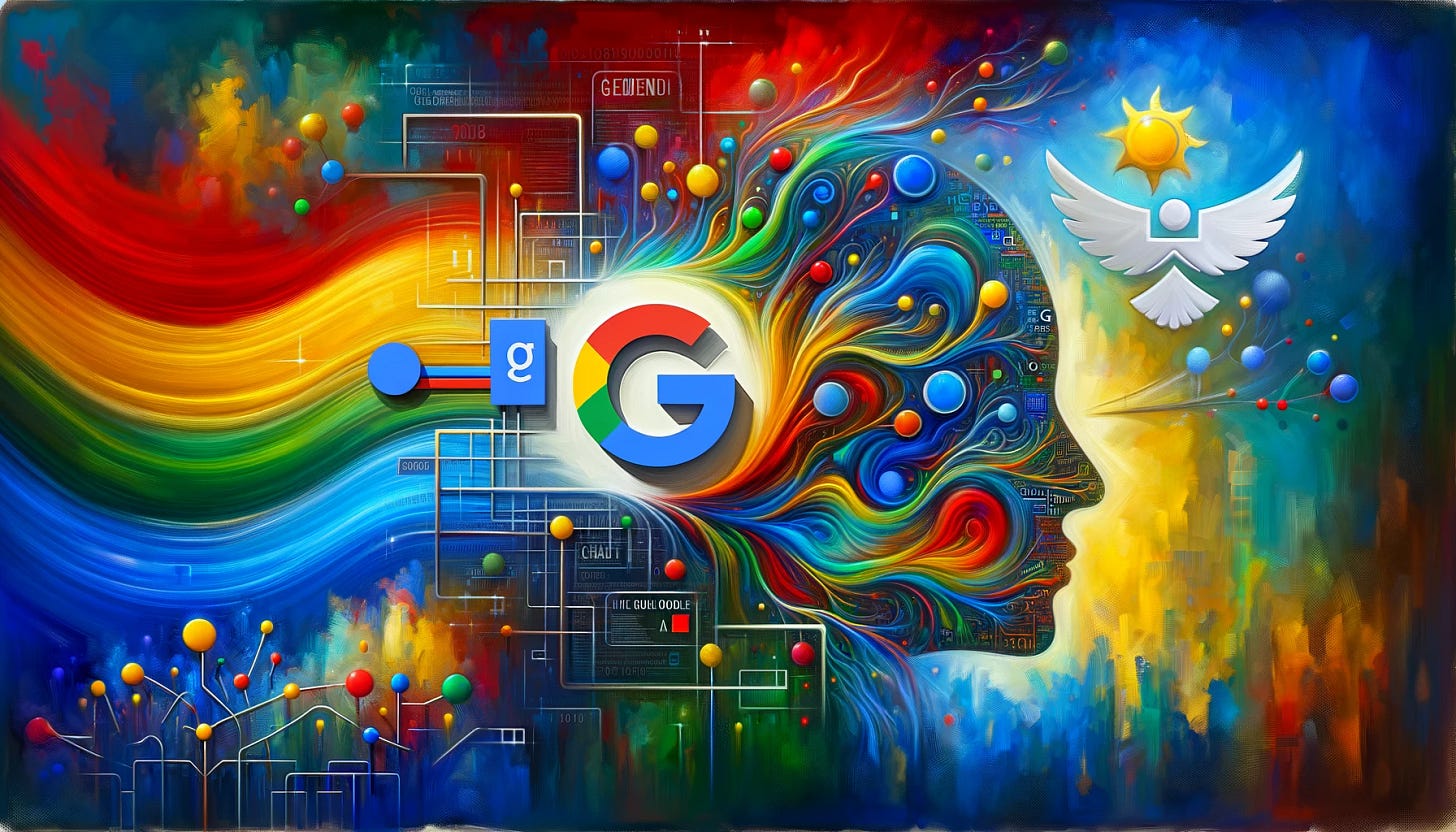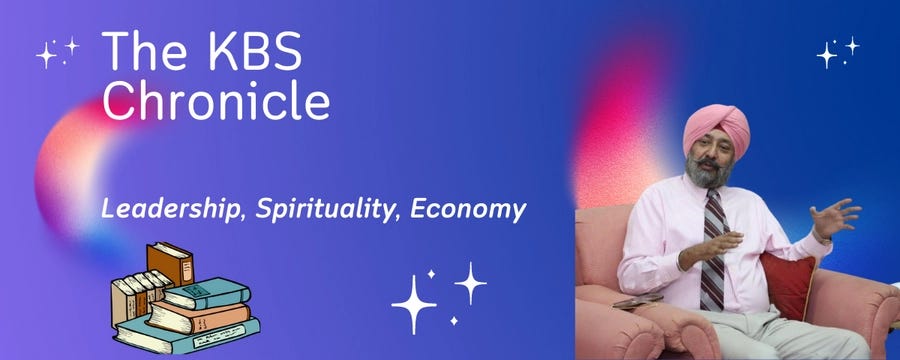Introduction
For Google, the Gemini season has arrived early. Gemini, Google's language model that powers its Gemini AI chatbot and other multimodal tools, is expanding into other apps and features in the coming months. This announcement was made earlier this week at their annual developer conference in Mountain View, California, Google I/O, to which our honorary Tech Adviser, Bilawal Sidhu, was invited.
The Evolution of Gemini
"Gemini used to be just a chatbot, and now we're seeing it become a personal AI assistant," says Amar Subramanya, Vice President of Engineering for Gemini experiences, in an interview with USA TODAY. "We think that's super powerful going from some relatively basic commands that you could issue to the assistant to now having the power of this large language model with all of its reasoning capabilities and then combining that with all of the Google apps and services."
Gemini Summaries in Google Search
While some of the updates will initially roll out for developers and Gemini Advanced subscribers, one change might be more noticeable to most Google users: Gemini summaries appearing in default search results.
AI in Google Search
Some users may have noticed that their Google search results look different now. That's because Gemini is in the mix. Google has stated that AI is the future of search, and the future has seemingly arrived.
Google has begun rolling out AI Overviews, a feature powered by the Gemini foundation model that presents AI-generated answers and summaries to some users' search queries. These appear above the traditional search results. Not all searches will get an AI Overview, but queries that can be presented with summarized results will be.
The Permanent Integration of AI Overviews
The previous Search Generative Experience that included a similar feature was opt-in for users, but AI Overviews aren't. The change is rolling out across the U.S., and the company plans to expand it to worldwide users by the end of the year.
User Control Over AI Overviews
Can you turn off AI Overviews in Google search? No. AI Overviews are now a part of Google search and will show up if your queries trigger them. However, you can filter results by navigating to the "more" tab and tapping/clicking on "web" to get something closer to the legacy results page.
Citing Sources in AI Summaries
The AI's sources will be cited within the AI Overview summary. Website links will be listed, allowing users to see the sources from which the summaries have been generated. The real question is whether users will take the time to look at these sources or continue to research beyond the summary.
Liz Reid, Vice President of Search at Google, wrote in a blog post that "links included in AI Overviews get more clicks than if the page had appeared as a traditional web listing for that query."
Digital Literacy and Context
As a journalist, it's equal parts fascinating and discouraging to think that someone searching for information that may be provided in my writing or that of my colleagues may be used to enlighten a user on Google Search, but they may not even realize the resource or see the original piece. Worse, what if context isn't clear? In a world wide web where digital literacy is increasingly tested, how can you fact check?
Ensuring Accurate Information
"Last year, we launched a feature called Google Double-check," Subramanya says. This feature is designed to help users check information generated by Gemini. "We're going to continue to make progress here," he says. "That was our first step in terms of helping people do their research in the right ways."
Challenges from OpenAI's ChatGPT 4.o
OpenAI's latest release, ChatGPT 4.o, presents new challenges and competition for Google. The advanced capabilities of ChatGPT 4.o in understanding and generating human-like text push the boundaries of AI technology. As both Google and OpenAI strive to improve their models, the competition will likely lead to more innovative and user-friendly AI solutions.
The Consumer Benefits
As David (OpenAI) and Goliath (Google) grapple, the ultimate beneficiary is the consumer. The ongoing advancements in AI technology promise to deliver more accurate, efficient, and helpful tools for everyday use. From enhanced search experiences to smarter personal assistants, the future looks bright for AI integration into daily life.
Summing Up
Google is in its Gemini era, and soon, all of us might be, too. With continuous improvements and the integration of AI technologies into everyday applications, the landscape of digital interaction is set to change dramatically. As we witness the evolution of AI, the promise of a more informed, connected, and efficient world is within reach.






